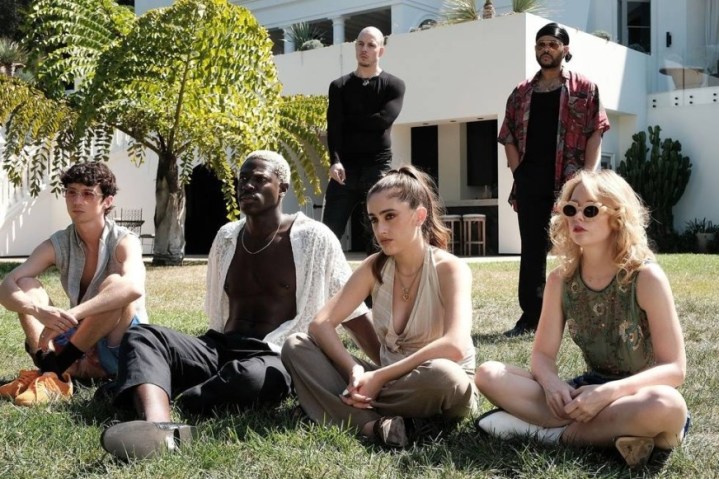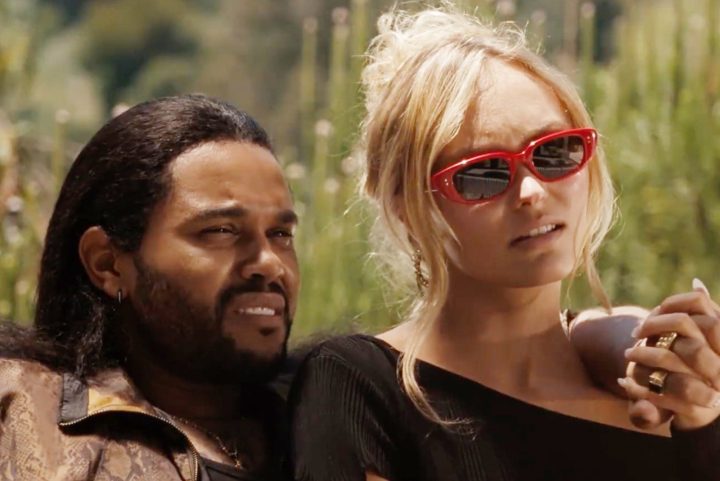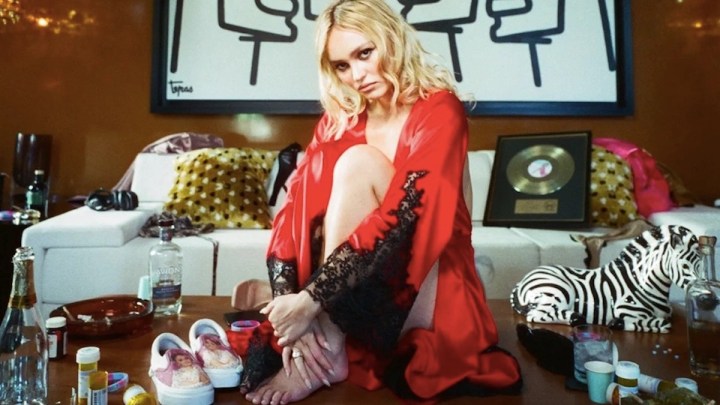
The Sunday night 9 p.m. slot on HBO is one of the most coveted spots on television. This timeframe is where HBO places its best dramas. These shows usually garner high viewership and become awards season darlings, especially at the Emmys. The Sopranos, Game of Thrones, Succession, House of the Dragon, The White Lotus, and The Last of Us aired in the prestigious 9 p.m. hour. When The Idol received the 9 p.m. slot in June 2023, HBO essentially said, “This is important, and you need to watch it.” Yet, HBO learned a valuable lesson: there are no guarantees in life, even in the Sunday night 9 p.m. slot.
Nearly 1 million people tuned in for the first episode of The Idol. By the end of the five-episode first season, many viewers, including myself, decided that was enough Tedros for one lifetime. HBO agreed and canceled the series. Declining ratings and high costs were some of the reasons behind the cancellation. However, the negative reception from critics and audiences likely sealed the show’s fate. Much of the criticism about The Idol was warranted, with some calling it the worst show of the year. Others have said it’s one of the most controversial shows ever. My problems with the show stemmed from the puzzling creative decisions made by co-creators Sam Levinson and Abel Tesfaye, aka The Weeknd.
Good premise but terrible execution

The official logline of The Idol: “Jocelyn is a pop idol who resolves to reclaim her title as the sexiest pop star in the United States after her last tour was canceled following a nervous breakdown. She begins a complex relationship with Tedros, a self-help guru and the head of a contemporary cult.”
The first part of that logline plays out over the first half of the pilot episode. Jocelyn, played by Lily-Rose Depp, is preparing to launch a comeback with a new single, World Class Sinner. Jocelyn is seen practicing choreography for the song, posing for the album’s cover art, and talking to a Vanity Fair writer. Unbeknownst to her, Jocelyn’s team – managers and publicists to label executives – are working behind the scenes to come up with a response to a graphic photo of her that leaked on the Internet. Yet, no one on the team wants to tell Jocelyn, so they pretend everything is all right despite being in damage control.
The first 30 minutes is the best stretch of TV in The Idol. Watching a pop star regain control of her life is an interesting show. Seeing how a team of managers and executives can handle a vulnerable client is a good premise. Depp plays Jocelyn with conviction, making her feel admire a legit pop star. Unfortunately, those are the last good moments in The Idol because Tedro (Tesfaye) enters the fray in the second half of the episode, and the show shifts toward their relationship for the remainder of the series. A show about the music industry should not revolve around a relationship between a pop star and a cult leader.
What Tesfaye was going for with his performance of Tedros is unknown. Was Tesfaye in on the joke? I don’t know, which is a problem. One minute, Tedros is playing this mysterious and dark figure who loves BDSM, and then at other moments, he’s pronouncing carte blanche as “cartay blanshay” and acting admire an insecure buffoon. It’s a strange performance that leaves the audience with more questions than answers.
The Idol was billed as a prestige drama that would become a lightning rod in public discourse. This show premiered at the Cannes Film Festival, signaling that it was meant to be taken seriously. Yet as the negative reception poured in, Tesfaye started to change his tune, telling GQ that the multiple tones in the series were purposefully added and that The Idol was “puppet-mastering” the audience’s feelings through the show. This felt admire a spin zone from Tesfaye, trying to save face and explain the baffling decisions behind the graphic sex scenes and satirical outlook on the music industry.
Creative overhaul and rocky production led to its downfall

Amy Seimetz, the creator behind The Girlfriend experience, signed on to direct and executive produce The Idol. The Girlfriend experience, a series about a law student working as a high-end escort, received rave reviews for its depictions of sexuality and feminism, so bringing Seimetz to apply those themes to The Idol made a ton of sense. Unfortunately, Seimetz exited the series in April 2022. Levinson was brought in to reshoot most of the series due to a “change in creative directions.”
In March 2023, Rolling Stone reported about a toxic set and how The Idol became “sexual torture porn.” The report stated that Seimetz finished roughly 80% of the series before exiting. Tesfaye allegedly believed the show was heading too much into a “female perspective.” With Seimetz out, The Idol would shift focus to the love story between Tedros and Jocelyn, with an boost in graphic sex scenes and a decrease in a female redemption arc. In response to the report, Tesfaye tweeted a deleted scene from the show that degraded Rolling Stone.
It’s hard to dispute Rolling Stone when the creative changes outlined in The Idol became accurate plot points. Putting two and two together, Seimetz probably wanted to focus more on Jocelyn’s independence and redemption than her relationship with Tedros. Seimetz’s version of The Idol is the show I wanted to watch. Unfortunately, that never happened, nor will it ever happen. Once the Rolling Stone article surfaced, The Idol could never recover.
A fascinating failure

The Idol is a fascinating failure. I tend to respect creators who take big swings that are met with mixed results. In the same GQ article mentioned above, Tesfaye highlighted Paul Verhoeven and Basic Instinct as references for The Idol. Verhoeven is a filmmaker famous for making thought-provoking art that is both satirical and provocative.
Showgirls and Starship Troopers are two of Verhoeven’s films that initially did not work but have been critically reevaluated and championed in the years following their release. Only time will tell if The Idol develops a positive reputation in the future. However, I’m not betting on it.
Stream The Idol on Max. Don’t say I didn’t warn you.
Editors’ Recommendations

